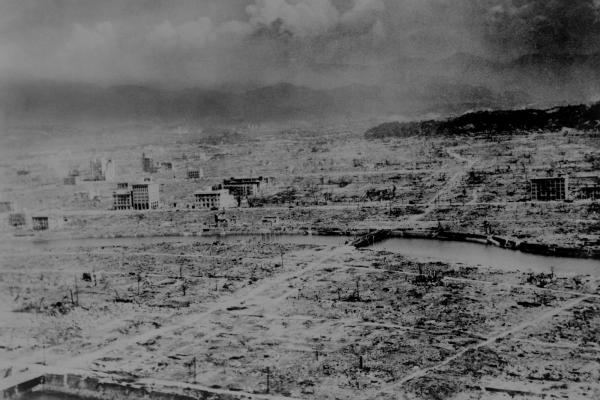Aug 6, 2015
The destruction of Hiroshima and Nagasaki, by any civilized standards, represented one of the moral low-points in human history. After all, by very conservative estimates, 135,000 people died from the atomic blasts—most of them civilians, the victims of the intentional targeting of cities. Think about that—these weren’t military targets, but cities full of men, women, and children, going about their lives, destroyed in seconds by the most destructive weapons ever invented.
But the point of memorializing isn’t about the past. It’s about ensuring such things happen “never again.”
Read the Full Article

Already a subscriber? Login
